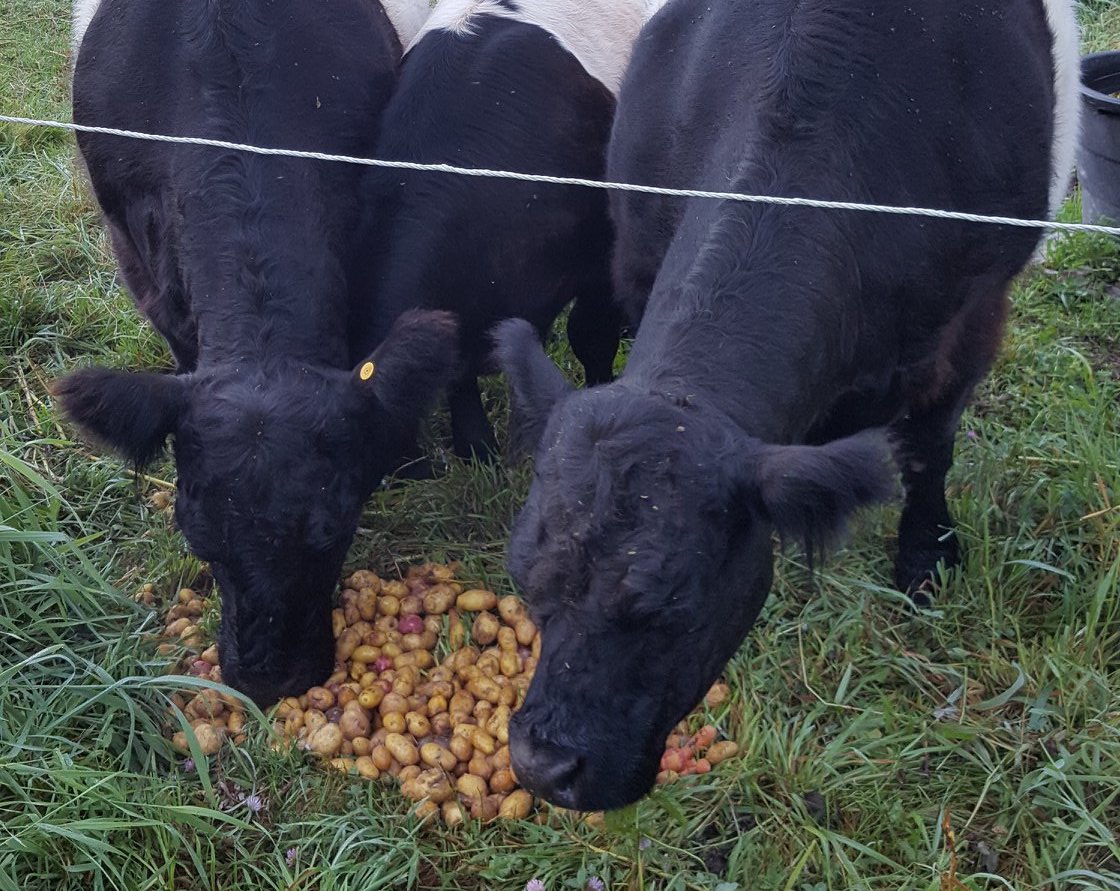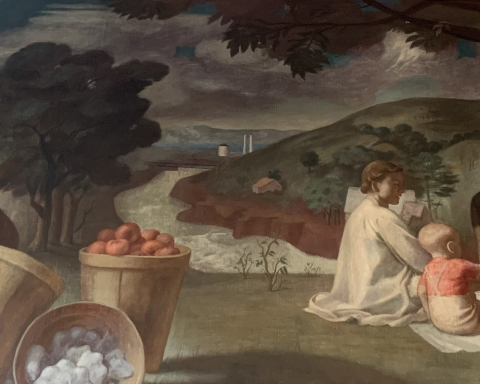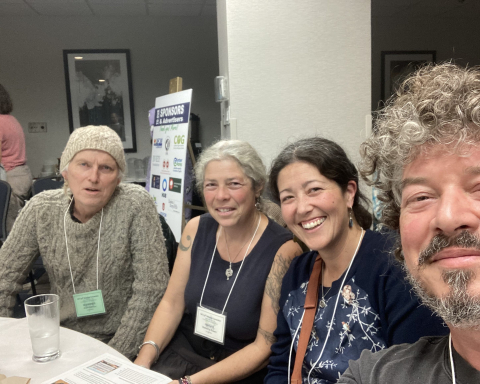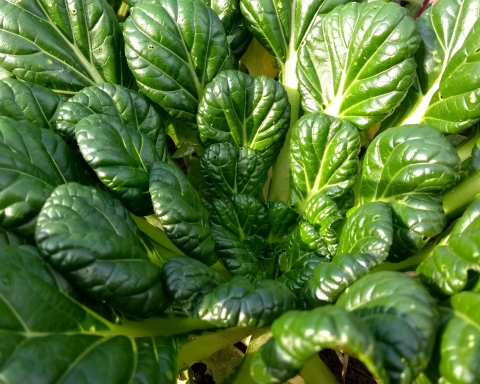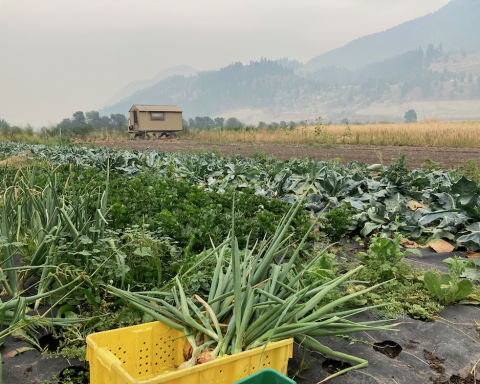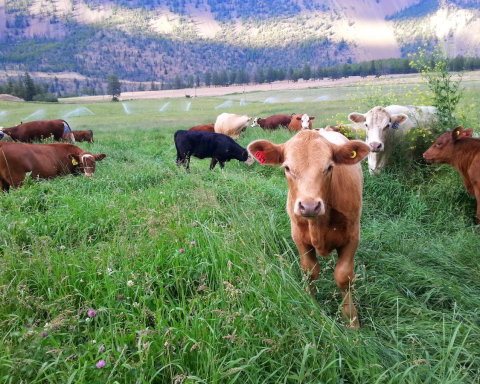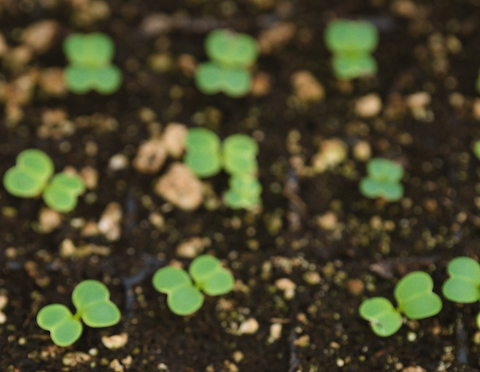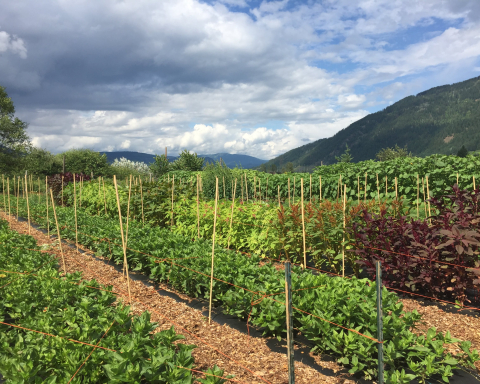Anna Helmer
Lament: No in-person farming conferences and meetings this winter. No chance encounters in the Trade Show, no delightful perusal and purchase at the silent auction, and no (insert acute pang of nostalgia here) food and drink. I regret all the ongoing unfinished conversations with people I see only annually but think about all year—friendships that are continually enriched with shared stories of farming. All this seems lost to me online.
Solace: The online versions will quite likely result in luxuriously languid hours spent sprawled in a chair with tea
and cookies enjoying edification by interesting presenters. That experience, I believe, can be replicated. And there will likely be benefits yet unrecognized—easier to attend? Less driving? Certain efficiencies achieved?
Admission: Farming conferences can be quite boring; by which I mean, nice and boring. Being bored is an aspirational state for me, and farming conferences often deliver. I find it very relaxing. I hope they don’t get too efficient.
Get on with it: I am avoiding talking about what I intend to write about. The theme for this edition of the BC Organic Grower is: Seeding Wisdom: Collaboration & Relationships. Suitable seed beds are necessary for successful seeding and blah blah blah extend the metaphor yourself.
Uncomfortably for me, certain sage seeds are right now being deliberately picked out and set aside and the chickens have come home to roost in the form of cull potatoes.
For if there is one bit of wisdom a Biodynamic (or any) farmer would share, it would quite possibly be: keep cows. Cows process things like grass and cull potatoes into valuable usefulness. Grass and cull potatoes might otherwise be useless clutter. Cull potatoes, for example, claim valuable space, bins, and effort, and on a seed potato farm they need to be disposed of so thoroughly that they won’t regrow. Cows excel at this task, daily devouring large volumes in slobbery bliss. Well, we don’t have cows right now and we aren’t getting cows anytime soon. Ergo, wisdom kicked to the curb, problem still exists and getting bigger.
Now I have to build a compost heap that will digest potatoes. The plan is to layer potatoes, old hay, and dirt all winter long. The potatoes will, I think, freeze and thaw a few times in there and turn to mush. I hope the hay will create some pathways through that muck before it totally rots too, which will allow air, worms, microbes, and fungi to spread through and decompose everything. This is not a scientific explanation of what will happen.
No one is coming to me for scientific wisdom, right? Just checking.
I have some other things to throw in there: eggshells that I have been accumulating all summer, and, of course, Biodynamic Preparations 502-507. In the spring, once the root-houses are cleared of potatoes, perhaps the nettles will be up and I’ll cover the pile with all I can get. Finally, in a nod to the wise Biodynamic practice of a million farmers in India, I’ll cap it with a layer of fresh cow dung.
This is the step I am most excited about. I just miss so much the smell of fresh, happy cow manure and I am poised to poach the poop of a few local herds. One of them grazes on an airy grassy knoll with a stupendous view of the local massif, Mount Currie. Surely cows with that perspective will produce some very energizing manure. Another is the herd of a valued mentor. She is the one who taught me that if you don’t want to get behind in farming, you have to do a farming job every day. Even when you don’t want to. Even when there is a thunder-snow rainstorm going on. Especially then.
I am going to spread this manure by hand. That’s how it’s done.
Anna Helmer is going into winter in the Pemberton Valley with no lack of plans.
Feature image credit: Helmers Organic Farm.


